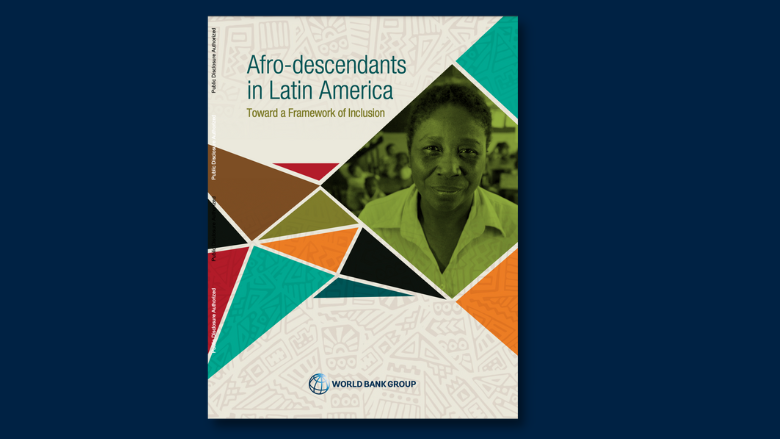One in four Latin Americans identify themselves as people of African descent. They are one of the largest, yet least visible minorities in the region, comprising over 133 million people, the majority living in Brazil, Colombia, Cuba, Ecuador, Mexico and Venezuela.
Out of the total, 34 million are of school age and face inequalities in school. They achieve poorer learning outcomes and are more likely to drop out of the education system compared to their non-Afro-descendant peers.
Education is one of the best tools to break the cycle of chronic poverty that affects a large part of these households. However, even when they have access to education, they often do not benefit from the same quality, knowledge, skills, and economic gains that should be generated afterwards.
A new report analyzes what happens in classrooms and in textbooks, and points out that discriminatory representations of Afro-descendants in textbooks and classroom dynamics could contribute to high dropout rates, limiting their options and future employment opportunities.





